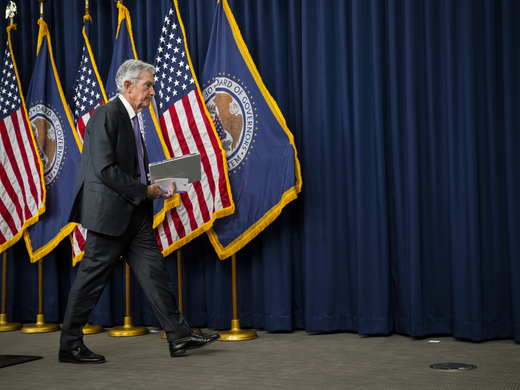The innovation process at the heart of new digital technologies is driven by data where high-cost sunk investments and near-zero marginal costs give first movers a tremendous advantage to exploit economies of scale and scope, network externalities and information asymmetries. These characteristics have placed developing countries at a severe disadvantage in their ability to harness their data for development for several reasons.
First, many lack the skills and the capital necessary to make these investments. Second, the range of policy and governance issues that must be dealt with to successfully harness data for development are broad and interrelated, including laws and regulations related to data and artificial intelligence (AI), privacy, cybersecurity, intellectual property, innovation and competition. Third, developing countries must also navigate and negotiate within a complex web of regulations (or lack thereof) related to the vested interests of firms and jurisdictions, including the extraterritoriality of regulations and policies, governance gaps and an international framework that is not suited for the digital economy, nor inclusive. It is thus essential that developing countries have skilled negotiators. Finally, perhaps surprisingly, it is also difficult to assess the state of play in these governance arrangements, which is surely a critical step to understand them and to ensure that they meet the needs of all countries.
Against this backdrop, this panel will bring together experts from a wide variety of backgrounds to assess the state of play in data and digital governance from different perspectives and the implications for data for development. It will feature:
- Silvana Fumega, project director, Global Data Barometer, and research and policy director, Latin American Initiative for Open Data. She will discuss how the barometer captures the extent to which countries are managing data for the public good, including sustainable development, data for development, openness, inclusion, gender and diversity, and emerging AI practices.
- Susan Ariel Aaronson, CIGI senior fellow, and founder and director, Digital Trade & Data Governance Hub. She will discuss the hub’s Global Data Governance Mapping exercise to assess how countries are governing data and examining laws, regulations, directives, executive orders and acts of state that are binding upon governmental entities.
- Lorrayne Porciuncula, executive director, Internet & Jurisdiction Policy Network. She will talk about the Datasphere Initiative that seeks to create the world’s first global network of stakeholders fostering a holistic and innovative approach to data governance to build agile frameworks that responsibly unlock the value of data.
- Folashadé Soulé, senior research associate, Global Economic Governance programme (Blavatnik School of Government, University of Oxford). She will discuss the preliminary results of her work, looking specifically at how African governmental actors negotiate and manage partnerships with China in the digital sector.
Robert Fay, managing director of digital economy at CIGI, will moderate the panel.


